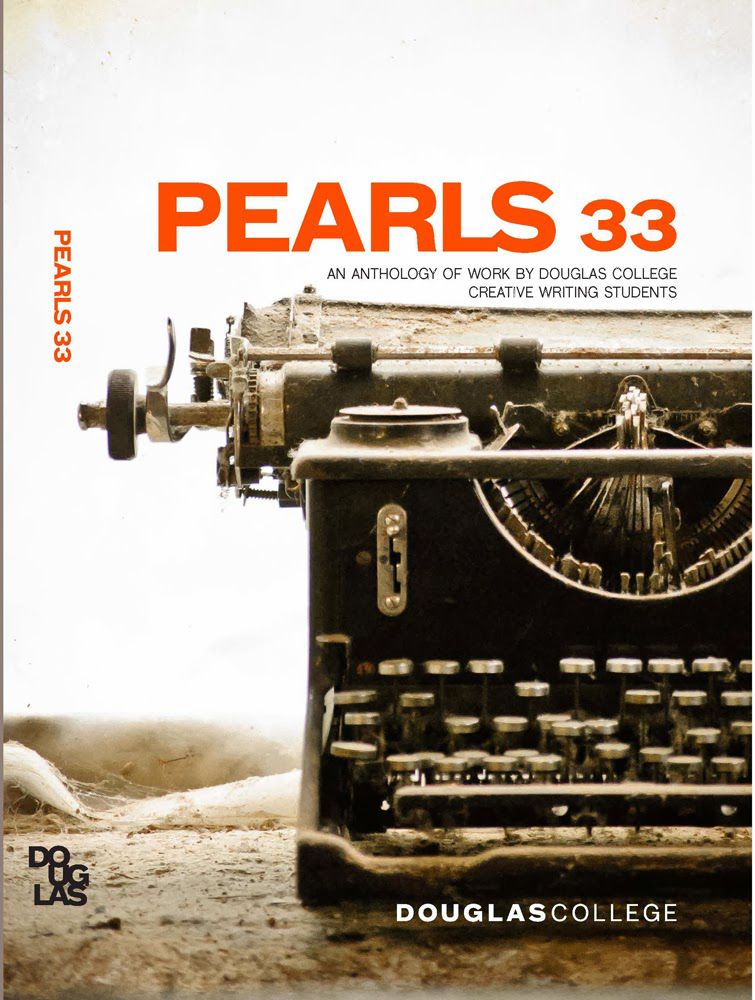A deeper look at Netflix series ‘Orange is the New Black’
By Julia Siedlanowska, Staff Writer
I was completely smitten with Orange is the New Black when I first watched it—and I still am. The reasons being that (1) it excites me, (2) it surprises me, and (3) it passes the Bechdel test with flying colours. This series is absolutely laying new ground for television, and (this will probably be the most controversial thing I say) Breaking Bad pales in comparison.
Looking at Orange “under the feminist microscope,” we can check off a few things from our list. First, the cast is predominantly female and the show was created by a woman, which are rare characteristics to encounter. The story is based off the memoir of real-life prison inmate, Piper Kerman (played by Taylor Schilling in the Netflix comedy/drama).
The story focusses on upper middle class Piper Chapman, a white yuppie on the verge of success with her artisan soap company. Recently incarcerated into a low-security women’s prison, her references to getting her product on the shelves of the well-known department store “Barnes” are a striking juxtaposition to her new surroundings. Incarcerated for being a drug mule to her then-girlfriend Alex Vause (played by Laura Prepon), her past hits her hard as she struggles to reconcile her current image of herself with that of years ago. Now in a long-term, monogamous, heterosexual relationship, she struggles to keep her fiancé. Under such trying circumstances, she is forced to face questions regarding her sexuality.
This brings me to my second checkpoint: the show is completely unafraid of queer and transgender issues or versions of female sexuality transgressing from heteronormativity. Orange features just about every version of female queer activity you could think of. As with everything else, the scenarios and characters are so complex that the relationships are authentic regardless of any possible stereotypes imposed on them. Without the constraints of a public television network, the creators are unafraid of portraying female sexuality from a female perspective. There are plenty of scenes of female intimacy made for women to enjoy—now how often do you see that?! What happiness it brings to see such things as if they were the norm, and not having to search for them in the deep dark recesses of the cutting room floor, or male-oriented pornography.
The third and final checkpoint is the way that Orange exposes patriarchal misuse of power. In addition to a fabulous cast of female inmates, there are also the male guards. With a moustached pervert, “Pornstache” Mendez (played by Pablo Schreiber), and a homophobic counsellor named Sam Healy (Michael Harney), the show is able to successfully portray (in a very handy metaphor) the problems a patriarchal society imposes on women—with Healy being the worst.
Originally favouring Piper on the grounds that she is white, middle class, and educated, his assumption that she is “different” and therefore in some way above the other inmates leads him to believe that she will subvert to him. When she disobeys, what is ultimately revealed is his hideous insecurity and character.
In her article, “Orange is the New Black, and How We Talk About Race and Identity,” TF Charlton writes: “Healy represents the benefits that accrue to white women who ally with ‘benevolent’ white patriarchy, and how this sort of patriarchy relies on hierarchies and divisions between women to maintain its power.”
Since Orange is so sound from a feminist perspective, we can afford to look at it from a racial perspective, as well. Many have criticized the show for having a white female lead and for stereotyping black and Latina women. However, the show successfully bites back at the white, upper middle class with its self-awareness and, most importantly, with the complexity of Piper’s character. We don’t need to like her! Her selfishness, naivety, privilege, and ignorance are not at all lost on us. Through her interactions with Healy, we can see clearly the struggles of a woman trying to find justice in patriarchy, and its effects on all the relationships in her life. Healy’s final failure as a law-enforcement officer can almost be seen as a direct representation of the results of women feeling trapped in the need to compete with one another in patriarchy.
All this being said, the show is in no way “man-hating.” Part of its beauty is that it effortlessly creates circumstances that expose certain truths about women, part of these truths being that their lives can centre around self-discovery, camaraderie, and internal conflict—struggles traditionally reserved for male-dominated film and literature.
But what else can I say? Just watch it!


